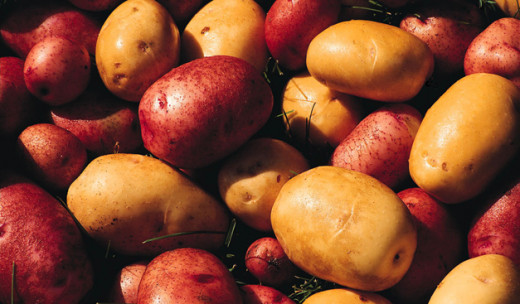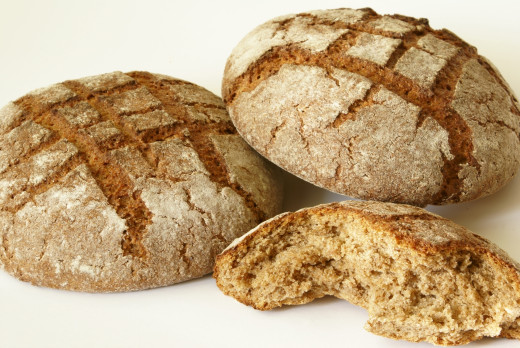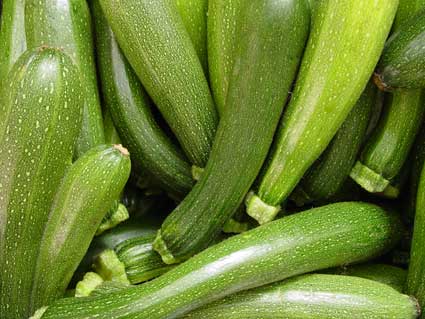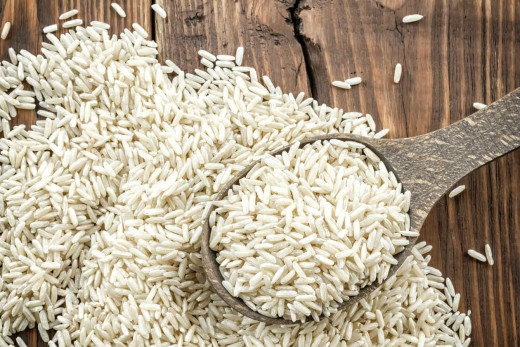10 Yummy Food Idioms in Brazilian Portuguese
Most languages have food-related idioms, and Portuguese is no exception. Brazilians love to express themselves in the language of food, so it was "mamão com açúcar" – piece of cake to put together this list with the cream of the top food based idioms in Brazilian Portuguese.
Laranja
As it is depicted in the picture, laranja means orange. But it also has another - very different -meaning. A "laranja" can be a person set up to serve as a cover for questionable transactions. Straw man or stooge are the equivalent expressions in English.

Sua batata está assando
This is one of my favorite. It translates as: your potato is cooking, but it means that things are looking very bad for you. Similar English idiom: your goose is cooking, you're finished.

Pão duro
It literally translates as stale bread, but it means a tight-fisted, cheap person. Some attribute the origin of this expression to a story of a homeless Brazilian man that used to beg for food at any condition, "even stale bread". After the man died, it was discovered that he was actually a tight-fisted millionaire, and the expression became popular.

Vender o peixe
The actual meaning of this one is to promote yourself, and the literal translation is to "sell the fish", which I think it makes sense. In order to sell a product or yourself you need to be good at promoting it first.

Falar abobrinha
Abobrinha is zucchini, but when is used in the phrase above, it means to talk nonsense, and nobody values what you're saying. Some believe the origin of this expression comes from the time when the Brazilian currency was the "cruzeiro", and one of its bills was called "abobrinha" or zucchini because of its color. The cruzeiro died, but the expression was born.

Arroz de festa
This is an interesting phrase. If you are a a sociable person who loves and goes to many parties, you are a "arroz de festa", or in English a party-goer or a social butterfly. Are you're still curious what is the (literal) translation of the phrase? It's party rice.

Encher linguiça
This is a very popular expression in Brazil that means to pad something out, to add something extra to something to make it appear more substantial. The translation is to stuff sausage.

Estar com a faca e o queijo nas mãos
Resolver um pepino
Pepino is cucumber in the English vocabulary, but its equivalent idiom uses another vegetable - a potato - as in: to handle a hot potato or to deal with a problem.

Acabar em pizza
Literal translation: to end in pizza. This famous Brazilian expression was first used in the 60's but it became popular in the 90's, after a political scandal involving the former Brazilian president Fernando Collor. This expression is usually related to politics, and it's used when a problem remained unsolved and the guilty party are not punished. The closest equivalent in English is nothing will come of it.









